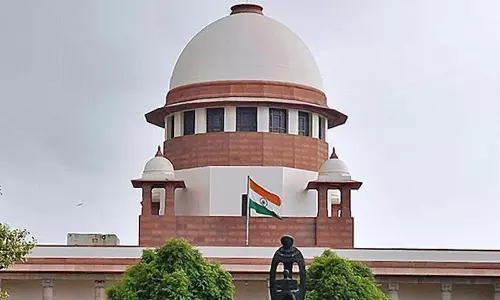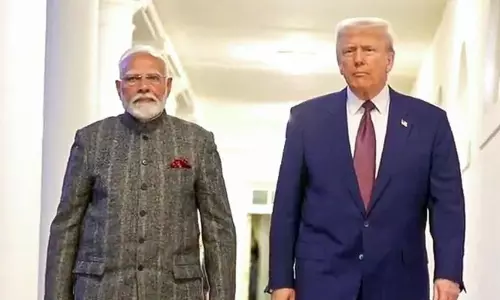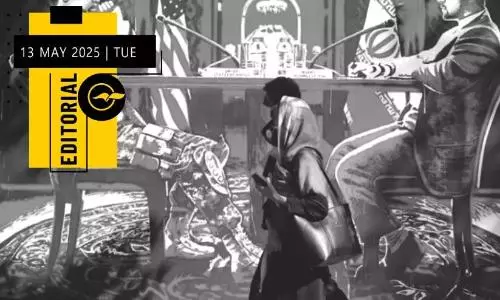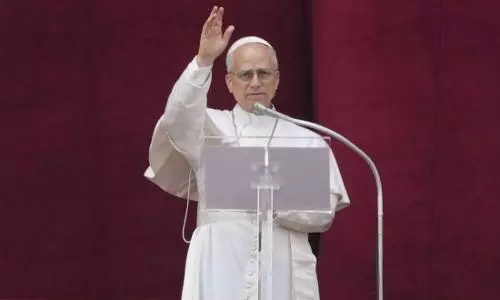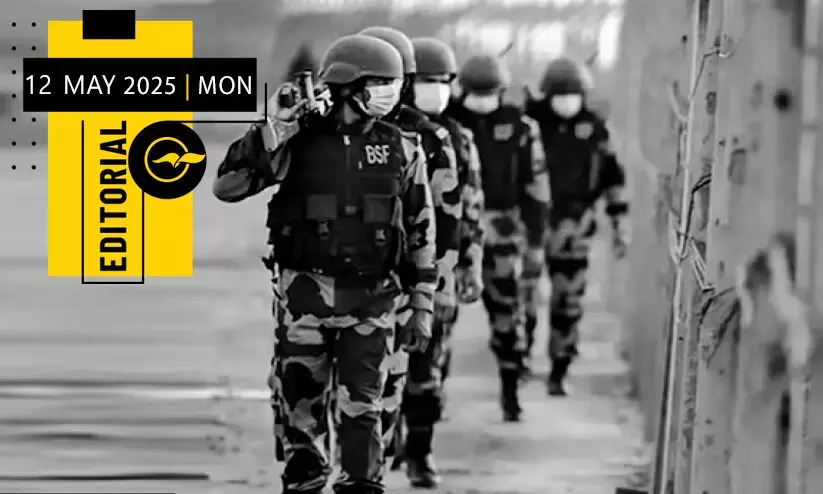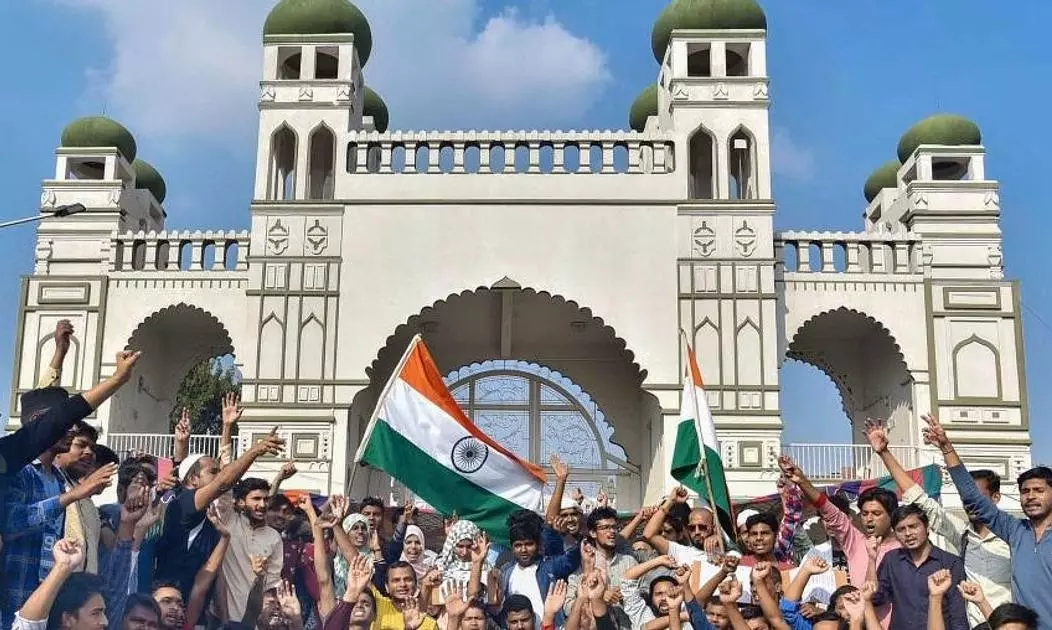
Don’t turn universities into RSS shakhas: MANUU students as varsity ends ties with Turkey
text_fieldsResponding to the decision to sever ties with the Yunus Emre Institute of Turkey—following JNU and Jamia Millia Islamia in Delhi denouncing their MoUs with Turkey over its support for Pakistan in the India-Pakistan conflict—a group of students at Hyderabad’s Maulana Azad National Urdu University (MANUU) urged the university not to turn universities into RSS shakhas.
The statement, issued by the Azad United Students’ Federation, came in response to MANUU’s move to sever ties with the Turkish cultural institute, which the students described as part of a broader trend of conflating geopolitical tensions with academic collaboration. The group cautioned that these decisions risk compromising the independence of universities and reducing them to echo chambers of political ideology.
The development follows similar actions by Jawaharlal Nehru University (JNU) and Jamia Millia Islamia in Delhi, both of which recently ended engagements with Turkish institutions in protest against Turkey’s support for Pakistan amid its conflict with India.
MANUU had entered into the MoU with the Yunus Emre Institute in January 2024 for a period of five years, under which a diploma course in Turkish language was launched at the university’s School of Languages, Linguistics and Indology. The student group expressed concern that terminating such programmes in response to international political disagreements undermines academic freedom and curtails opportunities for cross-cultural learning.
They emphasised that India has historically upheld the values of intellectual exchange and civilizational dialogue, even in times of diplomatic friction, and warned that restricting scholarly partnerships in the name of nationalism jeopardises the country’s academic credibility on the global stage.
Criticising the use of allegations of terrorism and political differences as grounds to sever academic relationships, the students argued that such reasoning shifts focus from combating extremism to stifling education. They said that this tendency erodes the foundations of higher learning and international cooperation.
Calling for an immediate reversal of the decision, the students asserted that universities must remain spaces of open inquiry and diverse thought, rather than becoming instruments of ideological control driven by narrow political interests.











